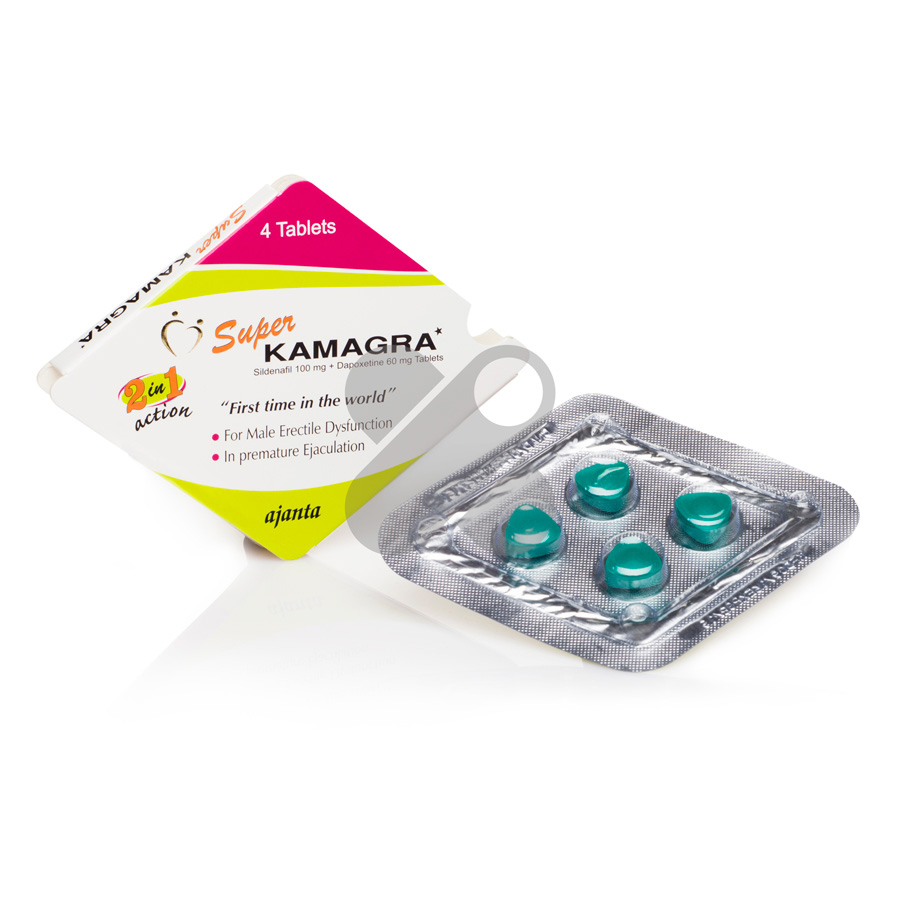Considering the health implications, particularly regarding freshness, nutritional value, and convenience, is necessary when choosing between chicken alternatives in Singapore.
Two popular poultry options in the city-state are fresh chicken and frozen chicken. Each option presents its advantages and disadvantages, and the decision frequently hinges on individual dietary requirements, lifestyle preferences, and the accessibility of quality products.
Explore a detailed comparison of these two options, allowing consumers to decide better regarding their dietary products.
Fresh Chicken: The Health Benefits and Considerations
Nutritional Content and Freshness
Fresh chicken, often considered the gold standard for poultry, is known for its superior taste and texture. The primary advantage of fresh chicken is that it hasn’t been frozen, meaning its nutritional content is primarily intact. Vitamins and minerals like B6, B12, niacin, and phosphorus remain ideal, ensuring consumers get the full health benefits.
Moreover, the freshness of the chicken can directly impact its taste. Fresh chicken is often juicier and more tender than its frozen counterpart, making it a preferred choice for many households. However, the shelf life of fresh chicken is relatively short, typically lasting only a few days in the refrigerator. This characteristic necessitates prompt consumption or the need to freeze it for later use, which can diminish its freshness. In the pursuit of freshness, many fresh poultry online platforms have made it easier to access high-quality, farm-fresh chicken without visiting a physical store.
Health Risks and Safety Concerns
Despite its benefits, fresh chicken also has specific health risks if not handled properly. The short shelf life of fresh chicken means that storing it at the correct temperature is necessary to avoid bacterial growth, which can lead to foodborne illnesses. Consumers should ensure that the chicken they purchase is stored below 4°C, and any leftovers should be refrigerated or frozen promptly.
Additionally, the freshness of the chicken depends on the supply chain. If the chicken has been transported over long distances or hasn’t been stored properly during transit, its quality may be compromised. Therefore, purchasing from reputable sources is critical.
Frozen Chicken: Is It a Healthy Alternative?
Nutritional Value and Convenience
Frozen chicken, including popular options like frozen chicken wings and boneless chicken thigh, has become a staple in many households due to its convenience and extended shelf life. Freezing chicken shortly after slaughter helps preserve its nutritional value, although there may be a slight loss of certain nutrients, such as water-soluble vitamins. However, this loss is generally minimal and does not significantly impact the overall nutritional profile of the chicken.
One of the primary advantages of frozen chicken is its longevity. This product can be stored for several months without losing quality, provided it is kept at a consistent temperature of -18°C or below. This characteristic makes it an ideal option for busy individuals who may not have time to shop for fresh chicken regularly. Additionally, the freezing process helps kill certain bacteria, reducing the risk of foodborne illnesses.
Quality and Texture Considerations
While frozen chicken in Singapore offers convenience, it may not always match the quality of fresh chicken in terms of taste and texture. The freezing process can cause ice crystals to form within the meat, which may lead to a drier texture once thawed and cooked. However, proper thawing techniques, such as thawing in the refrigerator rather than at room temperature, can help mitigate this issue.
Another factor to consider is the potential for freezer burn, which occurs when chicken is improperly sealed before freezing. Freezer burn can result in dry, leathery, and flavourless meat. Consumers should ensure that frozen chicken is stored in airtight packaging and consumed within the recommended time to prevent freezer burn.
Which Is Better for Your Health?
Both fresh chicken and frozen chicken offer distinct advantages and some trade-offs. Fresh chicken provides optimal taste and nutritional benefits. However, it requires careful handling and prompt consumption to avoid health risks.
Frozen chicken, on the other hand, offers convenience and a longer shelf life, making it a practical choice for those with busy lifestyles. Although there may be minor nutritional losses and potential changes in texture, frozen chicken remains a healthy option when properly stored and prepared.
Choosing between fresh and frozen chicken ultimately depends on your needs and preferences. Fresh chicken may be the better option for those prioritising freshness and are willing to purchase chicken frequently. However, frozen chicken is a suitable alternative for those seeking convenience without compromising too much on health.
Conclusion
Incorporating fresh and frozen chicken into a healthy diet is feasible when selections are made and managed appropriately. Sourcing your products from reliable suppliers and adhering to proper storage and cooking methods is critical, whether you choose fresh chicken, frozen chicken, or even boneless chicken thighs. By following these guidelines, you can reap the health advantages of chicken, irrespective of its freshness or freezing.
Contact YSH Farm to elevate your meals with the finest selection of poultry.







